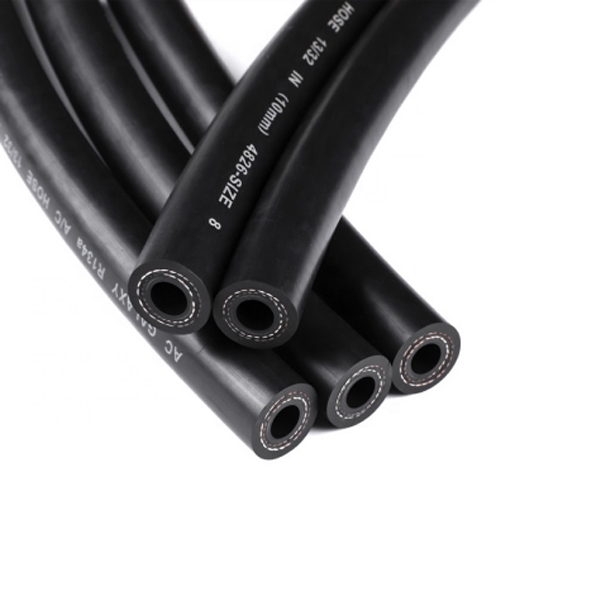car fuel lines
Dec . 19, 2024 07:37 Back to list
car fuel lines
Understanding Car Fuel Lines Their Importance and Maintenance
Car fuel lines, a critical component of any vehicle's fuel system, play an essential role in ensuring the efficient functioning of the engine. These lines transport fuel from the tank to the engine, facilitating combustion and, consequently, the power necessary for vehicle movement. Though often overlooked during routine maintenance, understanding fuel lines, their construction, potential issues, and care can significantly enhance a car's lifespan and performance.
What are Fuel Lines?
Fuel lines are tubes or hoses designed to carry fuel from the fuel tank to the engine. They can be made from various materials, including rubber, plastic, and metal. The type of material used often depends on factors such as the vehicle's make and model, the fuel type (gasoline, diesel, etc.), and the environment in which the vehicle operates. Metal fuel lines are typically more durable and resistant to extreme temperatures, whereas rubber and plastic lines offer flexibility, making them easier to install in tight spaces.
Importance of Fuel Lines
The importance of fuel lines cannot be overstated. Faulty fuel lines can lead to various problems, including fuel leaks, reduced engine performance, and even potential fire hazards. A leak can result in a safety risk, as flammable fuel can escape and come into contact with hot surfaces or sparks. Moreover, any air or contaminants entering the fuel system through damaged lines can cause engine misfire, leading to reduced fuel efficiency and higher emissions.
In addition to their safety aspect, well-functioning fuel lines contribute significantly to a vehicle's overall efficiency. They allow the engine to receive the correct amount of fuel at the right pressure, which is crucial for optimal performance. Regular maintenance and timely replacement of worn or damaged fuel lines ensure that the engine runs smoothly and efficiently, saving money on expensive repairs in the long run.
Common Problems with Fuel Lines
Fuel lines can experience a variety of issues over time. Some of the most common problems include
1. Leaks These can occur due to corrosion, wear and tear, or damage from external factors like heat or impact. A leak can usually be identified by a visible wet spot or the smell of gasoline.
2. Clogs Accumulation of dirt, rust, or debris in the fuel lines can lead to blockages. This restricts the flow of fuel to the engine, causing performance issues.
car fuel lines

3. Cracks or Bubbles In rubber fuel lines, cracks or bubbles may form over time due to exposure to heat and fuel. These weaknesses can become critical points for leaks.
4. Improper Connections Fuel line connections can loosen or corrode, creating leaks or allowing air to enter the fuel system, which can lead to starting issues or poor engine performance.
Maintenance and Care
To ensure the longevity and performance of fuel lines, regular maintenance is crucial. Here are some tips for proper care
- Inspect regularly Periodically check the fuel lines for any signs of wear, cracks, or leaks. Look for any visible fuel spots under the vehicle as well.
- Maintain fuel system Use high-quality fuel to minimize deposits and contaminants that could clog the lines. Regular maintenance of the fuel filter can also help.
- Replace as needed If you detect any issues, get the fuel lines inspected and replaced if necessary by a professional mechanic. Ignoring small problems can lead to more significant issues down the road.
- Keep it clean Protect the undercarriage of your vehicle from road debris, which can damage fuel lines over time.
Conclusion
In conclusion, car fuel lines are a fundamental aspect of vehicle operation that deserves attention. By understanding their role, common problems, and maintenance strategies, car owners can ensure their vehicles operate safely and efficiently. Regular checks and timely repairs not only enhance safety but can also lead to significant cost savings, making it imperative to regard fuel lines as a vital element of vehicle care.
